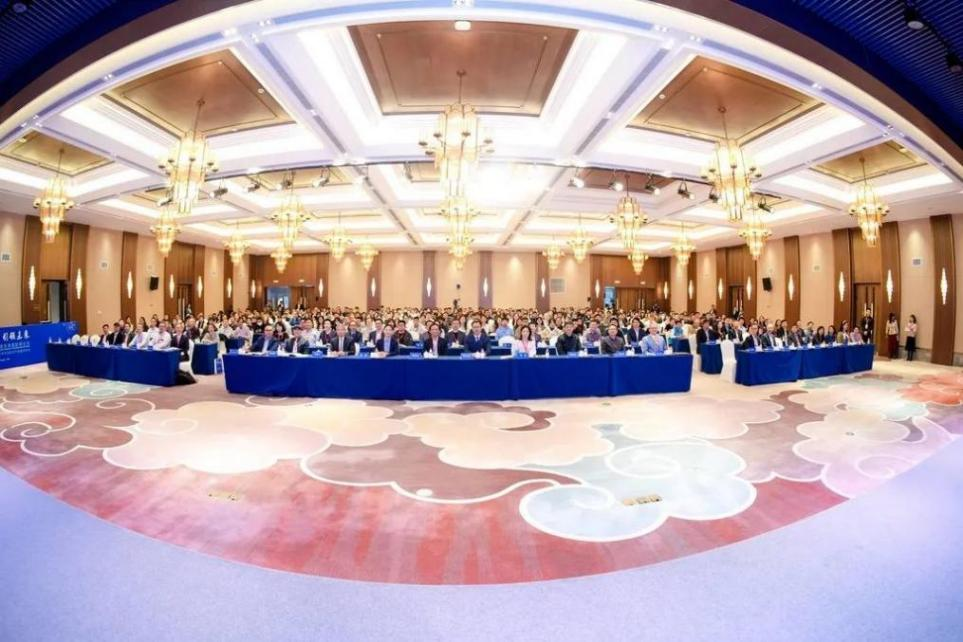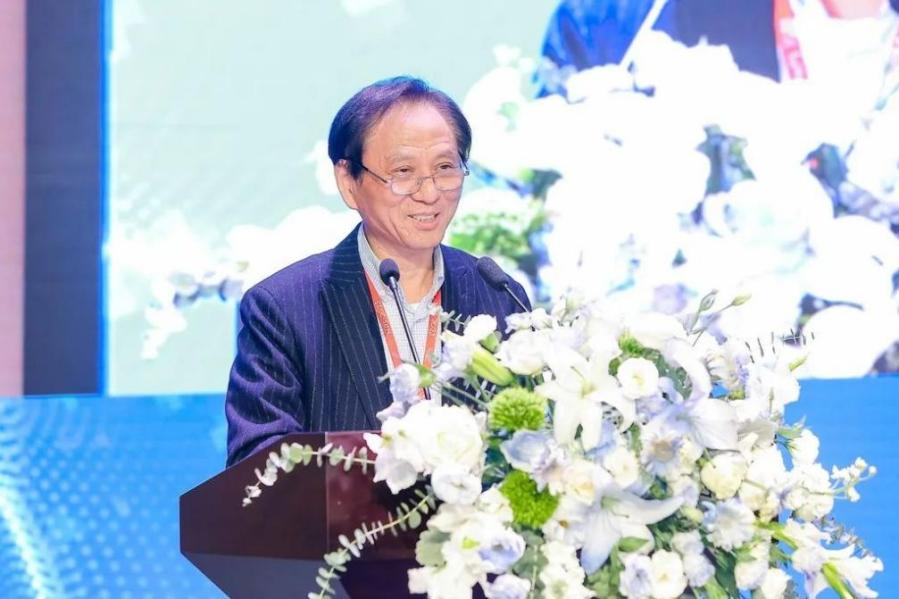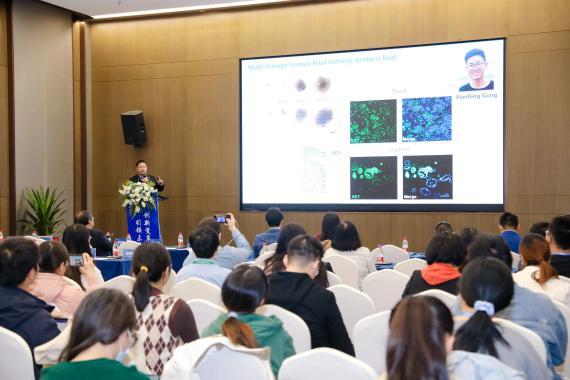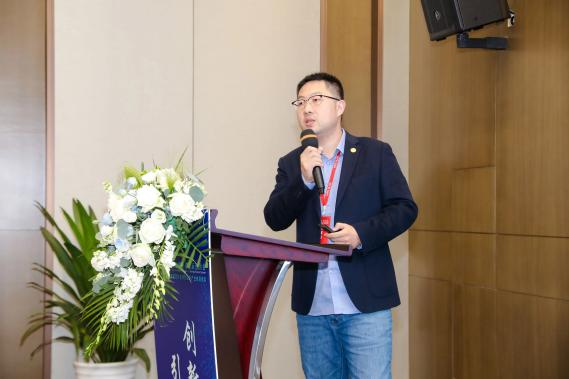On November 11, 2023, the 2023 International Symposium on Microphysiological Systems (MPS2023), also known as the 6th Academic Conference and Industry Investment Forum on Organoids and Organ-on-a-Chip, was held grandly in Nanjing. Many academicians from home and abroad in related fields, as well as experts and scholars from across the country, gathered together to participate in this prestigious event. The conference aimed to explore the latest research directions in the field of microphysiological systems, including organ-on-a-chip, organoids, and biomedical big data, to showcase the latest scientific research achievements, and to establish a platform for industry-academia-research cooperation and exchange in microphysiological systems, jointly promoting China's research and industrial development in this field to a new milestone.

Academicians Gu Xiaosong of the Chinese Academy of Engineering, CHEN Yeguang of the Chinese Academy of Sciences, Kam W. Leong of the National Academy of Engineering of the United States, and GU Zhongze, Dean of the School of Biological Science and Medical Engineering at Southeast University, were among the experts and scholars who attended. Nearly 20 top scholars, including Uwe Marx, Danilo A. Tagle, and Kaiming Ye, presented reports focusing on organoids and organ-on-a-chip.

The conference also featured four themed sub-forums to discuss topics such as the construction and measurement of organoids and organ-on-a-chip, organ-on-a-chip and health risk assessment, organ-on-a-chip and drug development, as well as organ-on-a-chip and precision medicine.
Professor ZHAO Bing, the Chief Scientist of bioGenous, was invited to chair the sub-forum on "Organ-on-a-Chip and Drug Development". He presented a keynote report on "The Application of Organoid Technology in Disease Modeling and Translational Medicine" and participated in a roundtable discussion on the topic of "The Application of Complex In Vitro Models in Drug Development and Environmental Assessment" with other guests.







